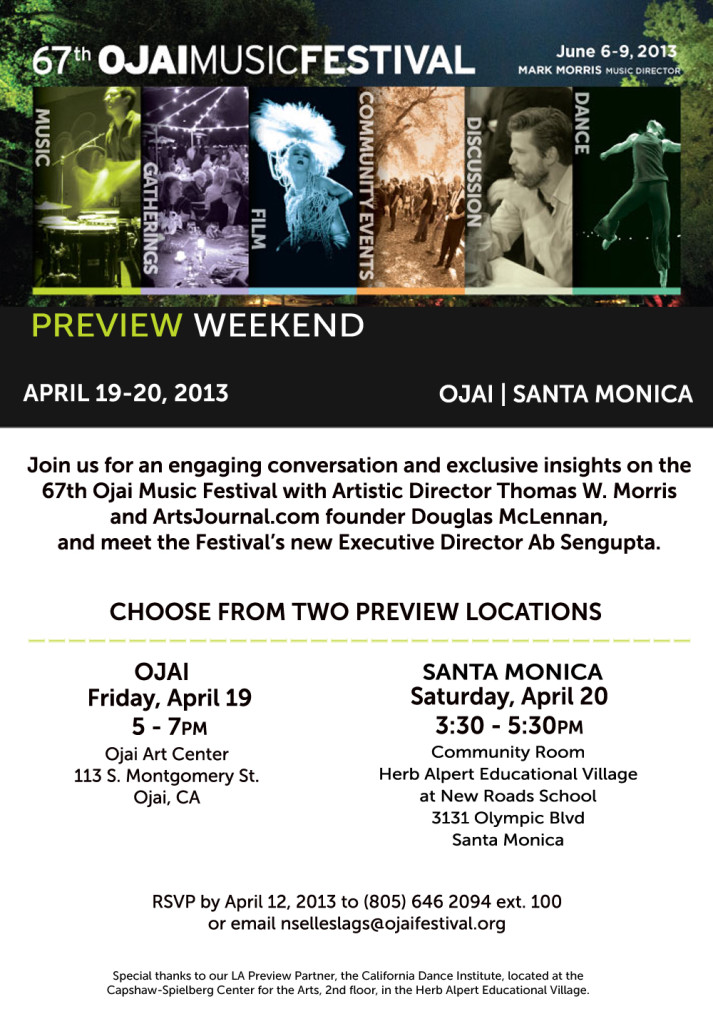Derek Herman, actor
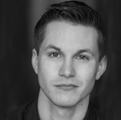 Derek Herman is a native of Portland who has since moved to the windy city of Chicago. While in Portland, Herman was in the West Coast premiere of Speech & Debate with Artists Repertory Theatre. His other appearances in the Pacific Northwest include with the Profile Theatre and Oregon Children’s Theatre. Since moving to Chicago, Herman has performed with the Chicago Shakespeare Theatre in Since I Suppose, as well as with The Artistic Home, Teatro Vista, and The Raven Theatre. Derek is founder and Artistic Director of Fearless Theatre. He holds a BFA from the Chicago College of Performing Arts at Roosevelt University. Learn more at derekherman.weebly.com.
Derek Herman is a native of Portland who has since moved to the windy city of Chicago. While in Portland, Herman was in the West Coast premiere of Speech & Debate with Artists Repertory Theatre. His other appearances in the Pacific Northwest include with the Profile Theatre and Oregon Children’s Theatre. Since moving to Chicago, Herman has performed with the Chicago Shakespeare Theatre in Since I Suppose, as well as with The Artistic Home, Teatro Vista, and The Raven Theatre. Derek is founder and Artistic Director of Fearless Theatre. He holds a BFA from the Chicago College of Performing Arts at Roosevelt University. Learn more at derekherman.weebly.com.
Nyle Kenning, actor
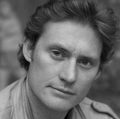 Growing up in the Southwestern mountains of Colorado, Nyle Kenning has had the opportunity to experience nature in her infinite forms. He has been fortunate to have perceptive, challenging, and loving teachers for all of his life. Kenning currently lives in Chicago as an actor and theatre artist where he pursues a greater understanding of Shakespeare, music, and the circus arts. He feels blessed to be a part of this great piece again.
Growing up in the Southwestern mountains of Colorado, Nyle Kenning has had the opportunity to experience nature in her infinite forms. He has been fortunate to have perceptive, challenging, and loving teachers for all of his life. Kenning currently lives in Chicago as an actor and theatre artist where he pursues a greater understanding of Shakespeare, music, and the circus arts. He feels blessed to be a part of this great piece again.
2013 Festival Preview CD
[soundcloud url=”http://api.soundcloud.com/tracks/90380088″ params=”color=000000&auto_play=false&show_artwork=true” width=” 100%” height=”166″ iframe=”true” /]Listen to a special advance release of the 2013 Ojai Music Festival Preview CD, featuring Festival Artistic Director Thomas W. Morris and Gail Eichenthal of Classical KUSC. Or, click here to download and save to your computer for later listening >>
With special thanks to:
‘Remembering Lou,’ by John Luther Adams
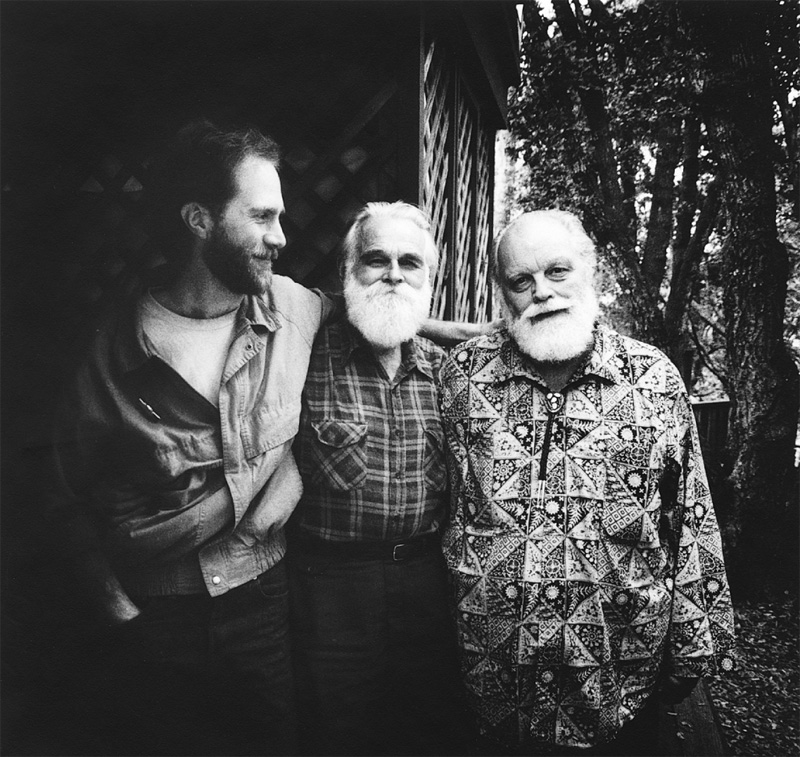
Shortly after Lou Harrison’s death, fellow composer and friend John Luther Adams wrote this remembrance in his honor.
The great redwood has fallen.
Light streams into the forest.
The sound will reverberate
for generations to come.
The passing of Lou Harrison marks the end of an era in American music that began with Charles Ives and continued on through Henry Cowell, Ruth Crawford Seeger, Harry Partch, Conlon Nancarrow, and John Cage.

The expressive range, diversity of media, prolific quantity, and consistent quality of Lou’s music are perhaps unequalled among recent composers. From heroically dissonant orchestral counterpoint to explosive percussive rhythms to ravishing, timeless music for gamelan, his body of work embraces most of the important currents in the music of our time.
Lou always fearlessly pursued his own way. While still a young man, he left the competitive careerism of New York City to make his home on the California coast. There, surrounded by the beauties of nature and the richness of Pacific cultures, he created his own uniquely personal world, grounded in his credo: “Cherish. Conserve. Consider. Create.”
As a teacher Lou introduced many young Western musicians to the music of other cultures, or as he called it, “the whole, wide, wonderful world of music.” His diminutive Music Primer remains a wellspring of creative wisdom about the life and the craft of a composer.
Through his wide-ranging friendships, Lou was a central figure, connecting five generations of musical independents. His spirit lives on in his music and through the gifts he gave to so many younger musicians. I feel blessed to have been among them.
Thirty years ago, as an aspiring young composer, I won second place in a composition contest. I was especially thrilled since one of the judges was Lou Harrison, whose music I very much admired. Emboldened, I made the pilgrimage to San Jose State University, where Lou was teaching at the time. I was delighted to find the man himself to be every bit as scintillating and engaging as his music.
From that day on, Lou was a generous mentor, an attentive friend, and an inspiring model to me, as he has been for many other younger composers. Lou always treated me with respect as a younger colleague. His matter-of-fact embrace of my aspirations removed any shred of doubt in my mind that I would make a life as a composer.
Lend a Hand! Volunteer at the 67th Festival in June!
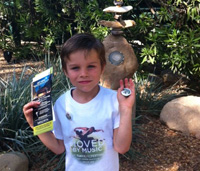
Volunteers play an important role at the Ojai Music Festival throughout the year, but during the four-day Festival, their participation grows ten-fold with close to 100 people lending a helping hand to ensure the Festival’s success.
Applications are now being accepted for the 67th Ojai Music Festival, June 6-9. Positions include ushering, backstage crew, venue set up, and merchandise. In addition, office assistance is needed prior to the Festival and during the weekend. Volunteers receive a free Festival shirt and complimentary lawn tickets based on the number of volunteered hours as a token of appreciation.
Celebrating its 67th season, the Ojai Music Festival, June 6-9 will explore the musical interests of its Music Director Mark Morris. The Festival will also feature the Mark Morris Dance Group and MMDG Music Ensemble, the American String Quartet, The Bad Plus, red fish blue fish, Gamelan Sari Raras, and many others.
Download a volunteer application here >>
Questions? Please call (805) 646-2094 ext. 116.
My Memories of Lou Harrison Part I
by Jain Fletcher
The Ojai Music Festival is fortunate to have amazing patrons who share their own personal experiences with music, from their past and present. Long-time patron, Jain Fletcher, kindly gave us a personal account of her friendship with composer Lou Harrison.
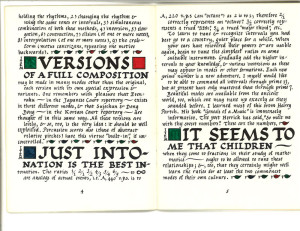
I entered San José State University (SJSU) in 1967 as a music major (flute). I was very fortunate to enter an environment consisting of a relatively young faculty of musicians who were energetic and capable of instituting and carrying out some really exciting musical initiatives. Although I took it all for granted at the time, in looking back, I have realized that the epitome of my music training and experiences took place in college. For everything that was good about the Music Department during my years at SJSU (1967 to 1979, from B.A. to M.A.), the greatest part was the benefit of having a sublime eminence on the faculty: Lou Harrison was on the staff as Composer-in-Residence.
When I first got to college, I never could have foreseen that I was going to have any personal interaction with Lou. What I did know, from the enthusiastic buzz about him, was that I wanted to experience as much as I could of what he had to offer. So, in those early days, I kept my ears and eyes open for news of concerts with his music, and then attended every one. I also took his survey course, “Music and World Cultures,” in my freshman year. Given that this course was open to all students there was no way it could have been as awesome as it would have been if it had been addressed to music majors or graduates. But think about it: a class on world music(!) from Lou Harrison!! Needless to say, it was a complete eye-opener. Sure, he knew his subject, but better yet, he was an excellent teacher. I had never heard anyone discourse so articulately and beautifully in- or outside a classroom. Because he was so passionate about this topic, it was also a difficult course to do well in. In the end, what he introduced in that class opened up a whole new world of music for me at a very impressionable time of my life.
My Memories of Lou Harrison Part II
Part II of My Memories of Lou Harrison by Jain Fletcher
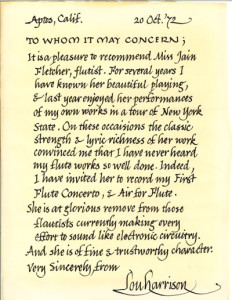
In my last year of school, I started trying to make plans to go to New York, but with my chronic lack of funds, my chances were not looking very promising. At around that same time, Lou told me he was being asked to make a tour of New York state with his small group (Bill Colvig and Richard Dee) and, since I was “going to New York anyway” he had some music for violin (ossia flute) and drone that he thought would be nice to have me play on the concerts. I could not imagine saying “no” to this unbelievable opportunity, so I happily agreed. To prepare for our tour, we spent at least 3 weekend days at Lou’s and Bill’s place in Cabrillo, practicing the music for the concert. After that, we would have a little dinner before I coaxed my ’56 VW back over the Santa Cruz mountains to San Jose.
Practicing for the concert was very special, indeed, but I treasure even more the chance I got to be with Lou and his friends in his and Bill’s very colorful and comfortable home. The most pleasant part of those dinners was the stories they would tell. My most vivid memory of those stories was this one time when Bill and Lou regaled me over dinner with their recent adventure at a local hardware store trying out various metallic canisters to be used as “drums” (such as galvanized steel garbage cans) or beaters (such as hammers and large bolts, etc.) for a piece they were going to be staging soon. I could not help imagining the look on other shoppers’ faces when they saw two men pulling several garbage can lids out into the aisles to test their sound qualities–all the while engaged in a spirited discussion of their relative merits. When I registered both my delight and amazement at this story, they assured me that they had long since managed to garner the proprietor’s “blessing” for this activity. I also remember how much Lou shared of himself at his house. I remember asking one evening about how he got such beautiful handwriting. He not only told me how he got his start at calligraphy (which I have managed to forget after all these years), but he also gave me my first impromptu calligraphy “lesson”. He wanted to show me how “easy” it was to make the strokes, first by showing me, then by letting me try. My results could not have been much more than scribbles at the time, but his lesson “took”, because it gave me the courage to continue. About three years later (when I was working in a book and art supplies store), I had my first real chance to learn some calligraphy–and I have practiced it since. Not to either Lou’s or Ron’s level, mind you, but it pleases me anyway…
Ojai as a Creative Laboratory
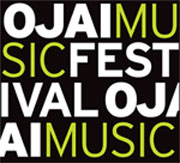
by Tom Morris, Artistic Director
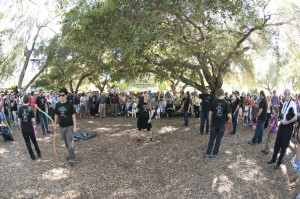
After last June’s Festival with Leif Ove Andsnes, and as plans were developing for 2013 with Mark Morris, and for 2014 with Jeremy Denk, I realized that Ojai is increasingly about being a laboratory for great artists to experiment – to reinvent themselves. It is not a place where artists come to trot out the programs they do elsewhere. In many ways, the very essence of Ojai stems powerfully from the fact that artists are part of the experiment themselves so audience and performers join at the hip in the mutual experience.
All the final touches are now in place for 2013 and we will have, indeed, a seamless and continuous party of music, dance and conversation. Get your rest ahead of time! With Mark Morris as our irrepressible guide, we have a festival that will look and feel different with more than 30 distinct events over 4 days:
• We start with 8 major concerts – more than in the past as we cut some previous 2-hour concerts into 2 1-hour concerts: 1 concert Thursday night, 2 Friday night, 1 Saturday morning, 1 Saturday evening, 1 Sunday morning, and 2 Sunday evening.
• We will have 2 Ojai Talks, each with 2 sessions, on Thursday and Friday.
• We will have 7 free extra events, subject only to getting an advance reservation: 3 film screenings at the Ojai Playhouse, 1 on Thursday and 2 on Saturday; 2 Ojai Late Night concerts in the Libbey Bowl on Friday and Saturday nights; Ojai Sunrise concerts on Saturday and Sunday mornings at Meditation Mount and at Two Tree Hill on the Besant Hill School in Upper Ojai
• We will have 7 community events – free and open to the public: 2 gamelan concerts in the Libbey Park Gazebo on Friday and Saturday; a 30-minute concert of music for toy piano to be performed on the Libbey Park playground Friday between the 2 evening concerts; public fitness classes led by dancers from the MMDG Friday, Saturday and Sunday mornings in the Libbey Park; a “Dance with the MMDG” Saturday afternoon at the Ojai Arts Center where members of the MMDG will teach you a movement of Lou Harrison’s Grand Duo which is being performed on Friday night
• We will have 3 special events for donors: Social Dancing with Mark Morris at the opening night party Thursday night at the Ojai Arts Center; Open-mic karaoke with Mark Morris and The Bad Plus at Agave Maria’s late Friday night; a special performance by American String quartet on Sunday afternoon at the Ojai Arts Center
• The Legacy Lunch Saturday afternoon at the Lavender Inn when Chris Hailey will interview several veteran members of the MMDG
• 6 Concert Insights with Christopher Hailey, 4 of which will be with Mark Morris
• A Reception for 2014 subscribers.
• And there just might be a few other surprises!!!
This will be a festival that truly reflects what Mark Morris stands for in all of his work. It will be infused with his infectious energy, his extraordinary artistry, his supreme ability to delight, and his playful sense of fun. As he has said:
“….thrilling, raucous, serene, contemplative, serendipitous, and surprising. As Lou Harrison put it: ‘music is a song & a dance.’”
test slider
[soliloquy id=”6723″]Enhance Your Festival Experience by Making a Donation Today
During the four-day festival, donors have exclusive opportunities to enhance their immersion experience. This includes a private concert, the opening night party with Music Director Mark Morris and open mic night with the artists. Plus, there are other perks like VIP parking and access to the Festival Lounge.
View all the benefits when you make a tax-deductible donation today! Click here >>
Festival program book opportunities for Ojai businesses and beyond

A significant part of the Ojai Music Festival’s legacy and ‘aura’ is its idyllic setting. When When John Bauer first laid eyes on Ojai some 67 years ago, he knew that the Ojai Valley would be the perfect location for an emerging festival for the arts.
To this day, Ojai continues to charm not only audience members, but Festival artists who equally fall in love with the intimate, outdoor setting of the Libbey Bowl as well as the eclectic small town and bucolic surroundings.
Indeed, the Festival is fortunate to have a backyard of beauty, plus a very supportive community from the residents to the businesses.
The many businesses – from lodging, restaurants and art galleries to shops, spas and coffee shops, participate in many ways including advertising in the hefty program book, written eloquently by musicologist Christopher Hailey. Although the Festival has other ad partners outside of the Ojai community, it is the local businesses that support the must-read program book that patrons read fiendishly during the Festival and keep even after the Festival as a memento!
View our list of local eateries here > >
Find things to do in Ojai during Festival or year round >>
Are you a business looking to “win over” a highly –desirable group of arts patrons?
View our media kit, which includes rates and audience demographics >>
Ojai’s Crown Jewel: Ojai Valley Inn & Spa
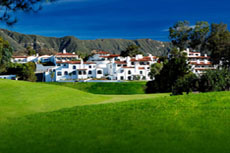 905 Country Club Rd
905 Country Club Rd
Phone: 805 646 1111
Website: OjaiResort.com
Often cited as one of the top resorts in the country, the famed Ojai Valley Inn & Spa offers a complete vacation experience, featuring luxurious rooms, extensive spa services, a variety of delicious restaurants, and a picturesque golf course, all surrounded by stunning views of the Topa Topa mountains and Ojai’s pink moment. Conveniently located a 10 minute walk from Libbey Bowl (or an even shorter bike ride), the Ojai Valley Inn is connected to the Libbey Bowl and downtown Ojai by the Ojai Valley Trail.
Festival patrons receive as special room rate at the Inn. Click here to book online or use group code MUSIC when making your reservation.
Choose your own Festival Experience: Buy Series Tickets
There are many benefits to purchasing series ticket packages:
- The same best seats for all concerts – and the ability to make special seating requests
- Substantial savings over single ticket prices
- One-stop shopping: the convenience of getting concerts, talks, and late night tickets at the same time
- Advance program notes and an invitation to the Festival Preview event in the spring
- AND, best of all, you get the satisfaction of being a part of the complete celebration during the entire four days
Hiking the Ojai Valley
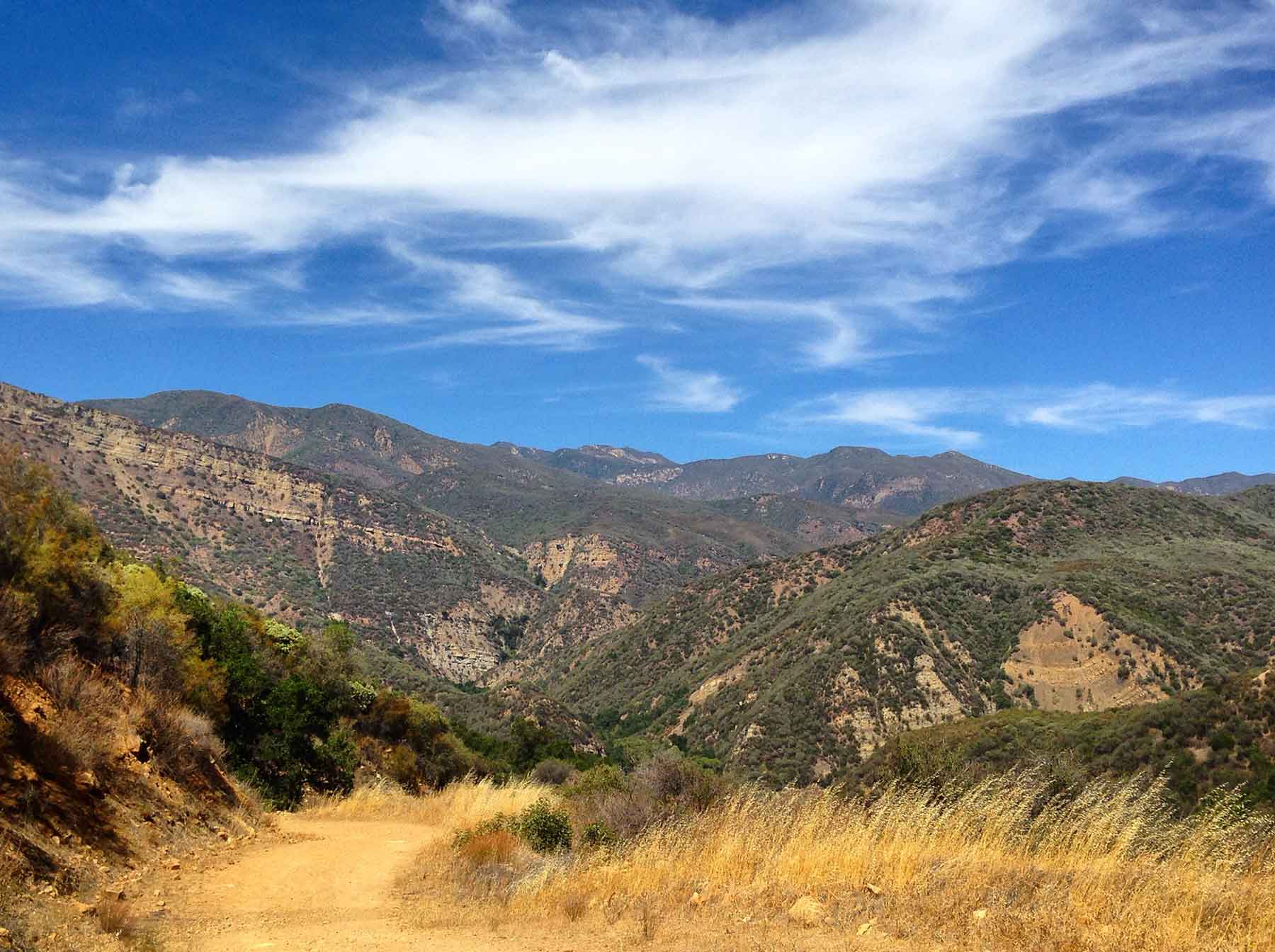
We often get asked for recommendations for day hikes in and around Ojai. From the views at Shelf Road to the mountain waterfalls of Rose Valley, we’ve collected some of our favorite hikes and listed them here.
As always when hiking, please ensure that you are properly attired, are carrying adequate water and supplies, and have notified someone of your destination and approximate return time. If you do travel into the Los Padres National Forest, please check with the Ojai Ranger Station for weather and hazard information (see at bottom of page). Forest Adventure Passes are required to park in the Los Padres National Forest and can be purchased at local ranger stations.
Bart’s Books
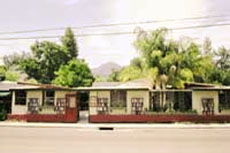 302 W. Matilija St. | 805 646 3755
302 W. Matilija St. | 805 646 3755
Hrs: 9:30am – 6pm
No stay in Ojai is complete without a visit to Bart’s Books – the largest independently owned outdoor bookstore in the country. From collector’s editions to recent bestsellers, this legendary bookstore houses an extensive collection organized in nooks that are perfect for getting lost in. Stopping by after hours? Not a problem – books along the outside are sold on the honor system.
Casa Ojai
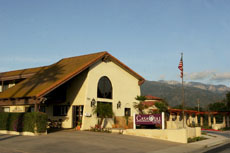 1302 E Ojai Ave
1302 E Ojai Ave
Phone: 805-646-8175
Website: www.ojaiinn.com
Named the “Best Green Hotel In Ojai,” Casa Ojai’s recently renovated rooms feature a host of eco-friendly improvements and amenities. Conveniently located just under a mile from downtown and just across from the picturesque Soule Park Golf Course, Casa Ojai also offers bike rentals, a saltwater pool, and discounts for the nearby Ojai Day Spa.
While it is possible to walk from the hotel to Libbey Bowl, those walking at night are advised to carry a flashlight and that there is a brief section of unpaved footpath. For the best prices for your stay, call the hotel directly at 805 646 8175.
Su Nido Inn
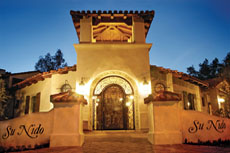
301 N. Montgomery St.
Phone: 866 646 7080
Website: www.sunidoinn.com
Su Nido’s (your nest) name is a fitting name for this quaint B&B. With its one and two bedroom suites located just a minute’s walk from downtown Ojai, it has been a favorite hideaway for travelers seeking the cozy privacy and luxurious amenities that make it a ‘home away from home.’
Due to its intimate size and convenient location, rooms at Su Nido tend to fill quickly. Festival patrons wanting to stay at Su Nido are encouraged to contact the inn directly at 866 646 7080.
The Oaks at Ojai
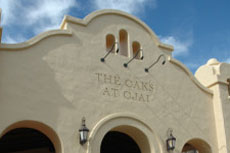
122 E Ojai Ave
Phone: 805 753 6257
Website: OaksSpa.com
Located at the heart of downtown Ojai, The Oaks at Ojai has long been a favored spa destination for those seeking a relaxed and healthy place to spend their weekend. With its wide range of spa services, healthy dining options, as well as fitness classes and activities, the Oaks continues to be a favorite destination year after year.
Listen to Excerpts From The 2013 Festival Programming
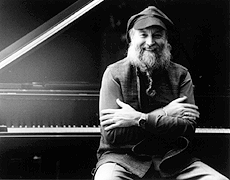
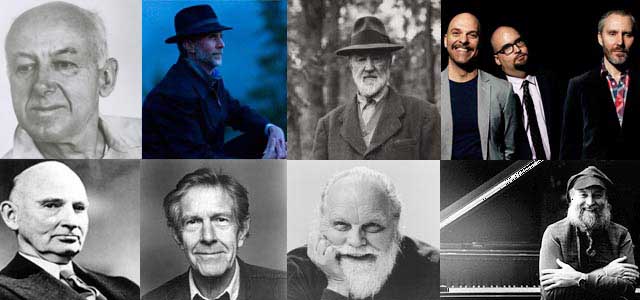 The 67th Festival will feature the work of Lou Harrison, John Luther Adams, Terry Riley, and much more. Click here to listen to excerpts from the 2013 program >>
The 67th Festival will feature the work of Lou Harrison, John Luther Adams, Terry Riley, and much more. Click here to listen to excerpts from the 2013 program >>
John Cage
 John Milton Cage Jr. (September 5, 1912 – August 12, 1992) was an American composer, music theorist, writer, and artist. A pioneer of indeterminacy in music, electroacoustic music, and non-standard use of musical instruments, Cage was one of the leading figures of the post-war avant-garde. Critics have lauded him as one of the most influential American composers of the 20th century. He was also instrumental in the development of modern dance, mostly through his association with choreographer Merce Cunningham, who was also Cage’s romantic partner for most of their lives.
John Milton Cage Jr. (September 5, 1912 – August 12, 1992) was an American composer, music theorist, writer, and artist. A pioneer of indeterminacy in music, electroacoustic music, and non-standard use of musical instruments, Cage was one of the leading figures of the post-war avant-garde. Critics have lauded him as one of the most influential American composers of the 20th century. He was also instrumental in the development of modern dance, mostly through his association with choreographer Merce Cunningham, who was also Cage’s romantic partner for most of their lives.
Henry Cowell
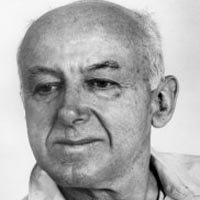
Henry Cowell (1897-1965), was born in Menlo Park, California. The “godfather of the American experimental tradition” (in the words of Alex Ross), got an early start. While still young Cowell’s mother encouraged him to purchase a piano and, something of a child prodigy, he would give private recitals featuring his early compositions, including Anger Dance (1914).


